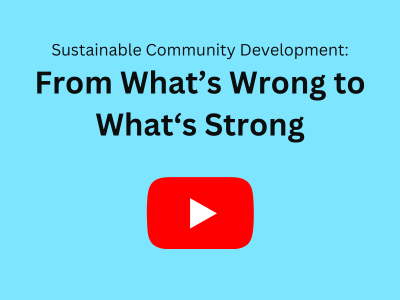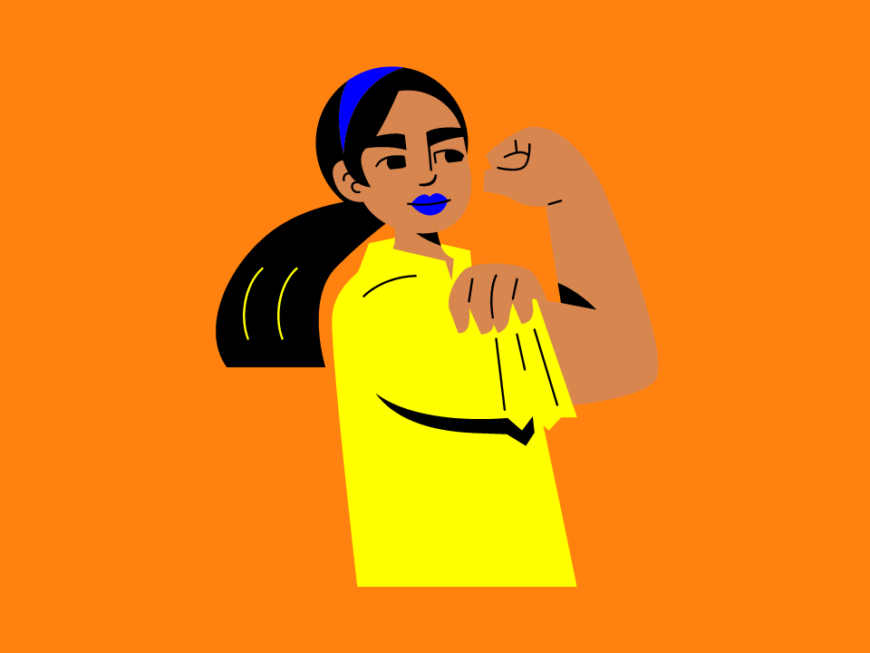If you get Tiny Village Mail, you may have seen my recent tip to GIVE a request for help.
I made the point that…
It’s generous (if not wise) to think of everyone as having something to give and making opportunities for them to do so, especially when it comes to folks at risk of being deemed too young, old, ill or whatever to make a positive contribution.
My brain was wired to think this way from an early age:
I grew up as an expat in Kenya where I fell under the spell of the nation’s first president—Jomo Kenyatta—and was swept up by his rallying cry, HARAMBEE!
HARAMBEE! (Ha-rahm-bay.) “Let’s ALL band together” to build the nation!
I returned to the States with harambee in my blood and the memory of “Mzee”—an honorific we called Kenyatta that means old man—in my bones. So it was surprising to learn that my fellow Americans didn’t regard elders with respect in the way I’d been accustomed.
That is, if my compatriots regarded elders at all with other than an ageist eye.
But the practice of “perpetrating help” on people?
That surprised me less in the U.S. because “perpetrating help” on Kenyans happened from abroad even as Kenyatta roused his country folk (+ me) to band together and help ourselves.
Decades later, I picked Kenyatta’s path to grow my work around fostering care communities (villages) for and by neighbors. So when I heard about Asset-Based Community Development (ABCD)—an approach that recognizes we ALL have gifts to give—I was hooked.
Founded on the work of John McKnight and the late Jody Kretzmann, ABCD draws upon local assets—people, places, organizations etc.—rather than focusing on local deficits to build stronger communities.
Sustainably.
The ABCD Institute has many free resources to start learning about the approach.
That said, I invite you to start learning by listening to this stirring TEDx talk by Cormac Russell—Sustainable Community Development: From What’s Wrong to What’s Strong—and possibly taking his Discover ABCD course that runs April 19 to the end of May.

The highlights of Mr. Russell’s talk are many, but below are a few.
Here, he’s quoting social scientist and economist Rosabeth Moss Kanter:
“When we do change to people, they experience it as violence. But when people do change for themselves, they experience it as liberation.”
Here, he’s speaking as himself:
“The only way that we can address loneliness is by building community, by building deep relationships. And so traditional models which take older people and put them together with other older people in programs for older people will not be sufficient to end loneliness.” …
“So often when we label people as vulnerable, or as deficient, or as problematic, what we actually do, is we define them out of community and redefine them not as friend and as neighbor but as client in a service system. And I think that when we do that we take some of the soul away from the person, all in the name of helping them.”
To close, I’d like to share a slightly altered quotation by Mzee Jomo Kenyatta:
“Let us not dwell upon the bitterness of the past. [Let us] look to the future, to the good new [America], not to the bad old days. If we can create this sense of national direction and identity, we shall have gone a long way to solving our [care] problems.”
Amen.


Published by